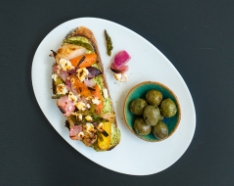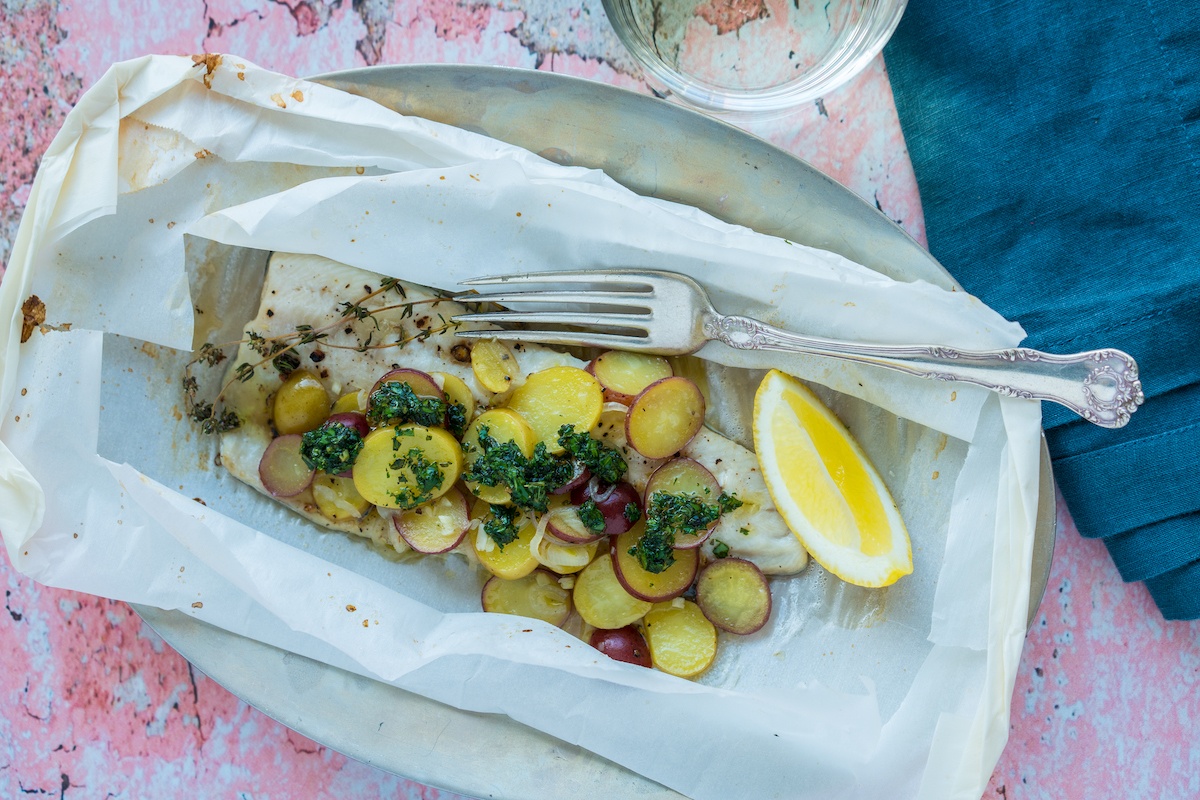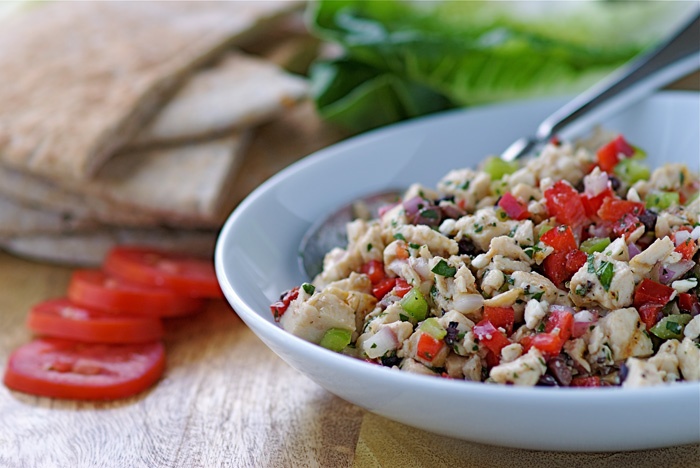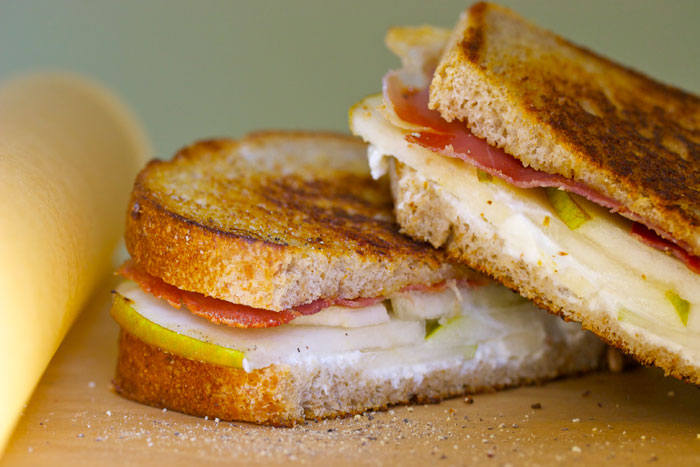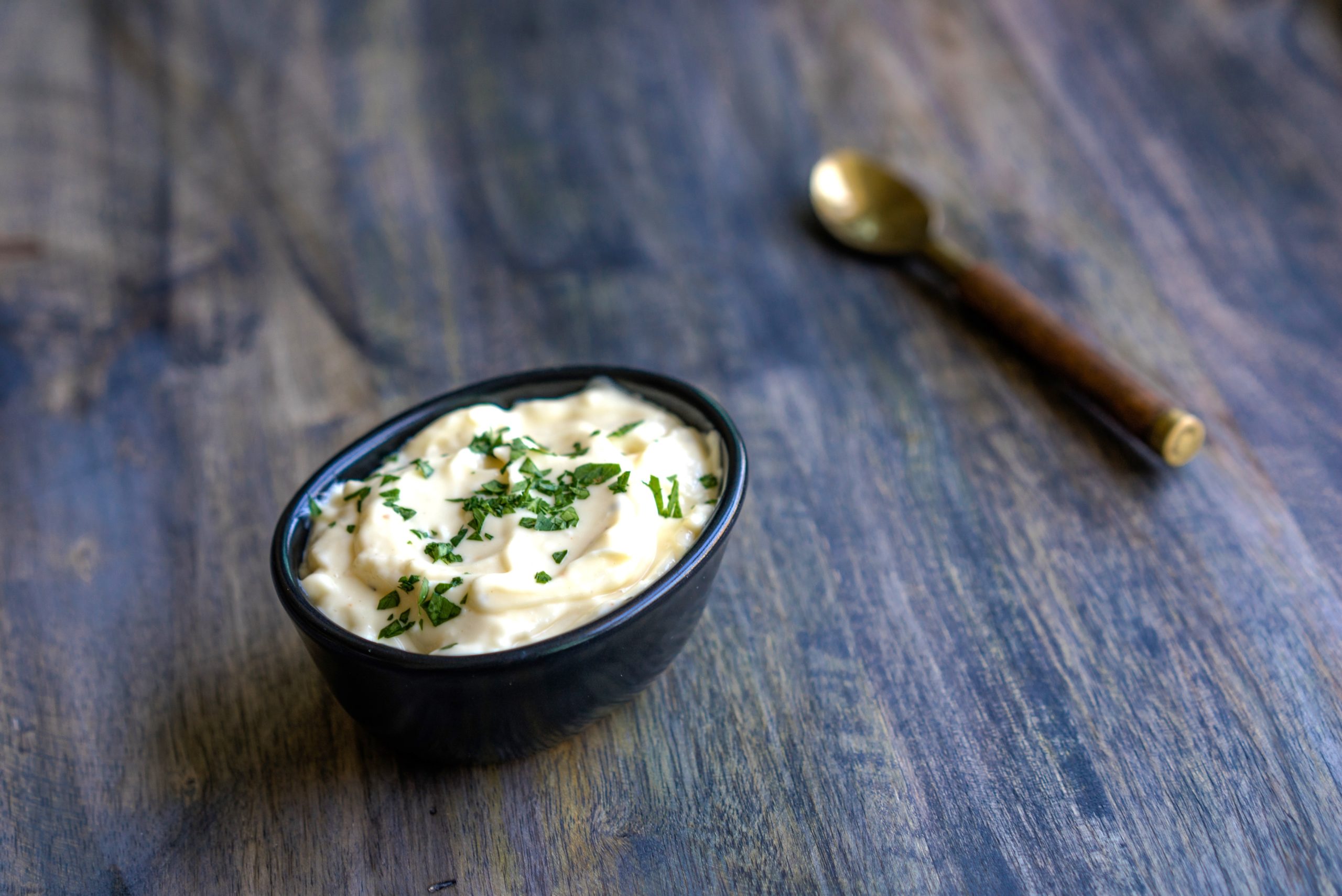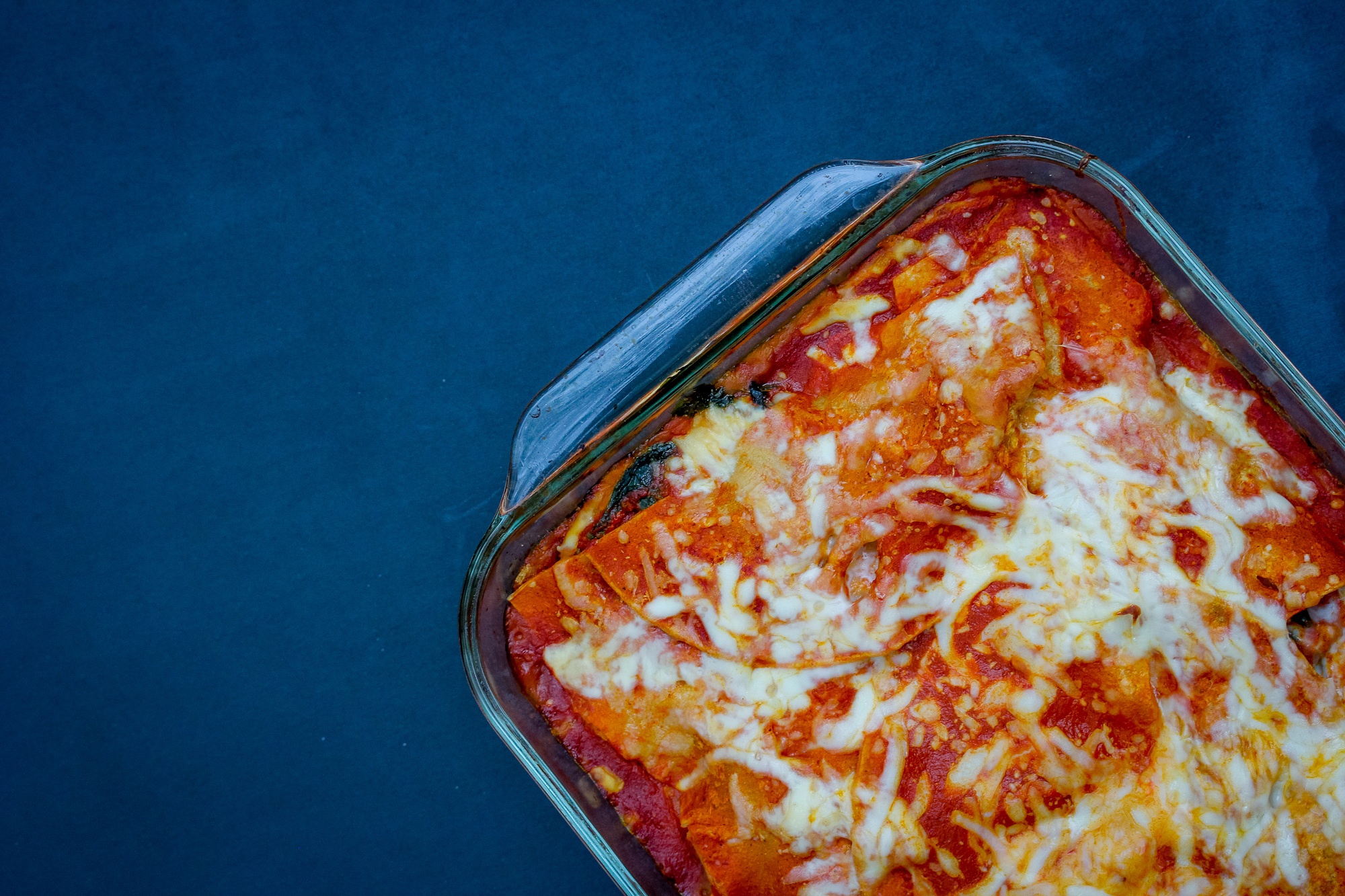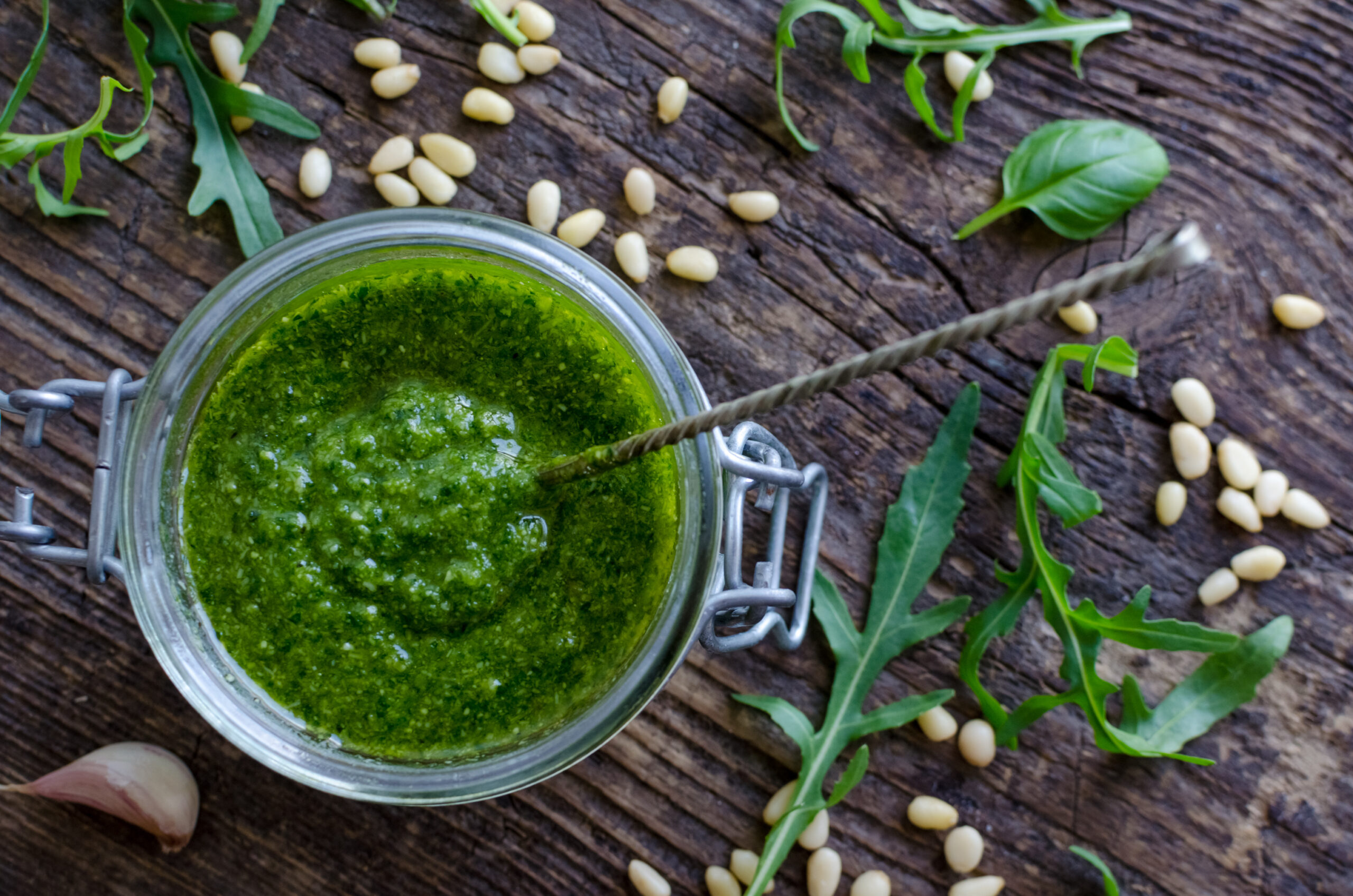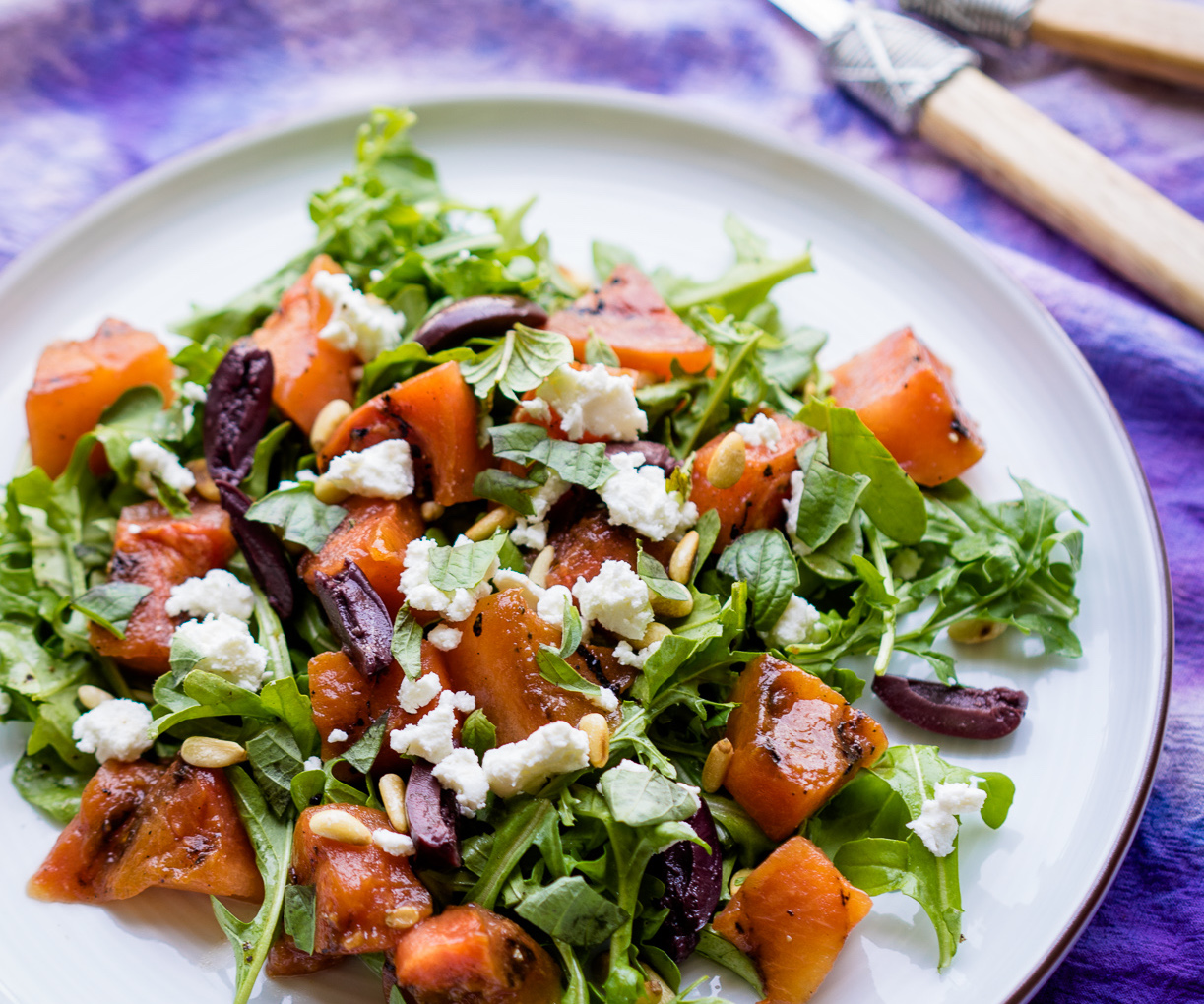Not sure how many of you saw, but recently in the Atlantic there was a scathing commentary by Caitlin Flanagan condemning school gardens. NOURISH Evolution Contributor, Kurt Michael Friese, wrote a beautiful rebuttal on Civil Eats (a worthy site to visit for anyone who wants to explore sustainable agriculture and food systems and how they shape our world), and was kind enough to share it with us here. Thank you, Kurt!
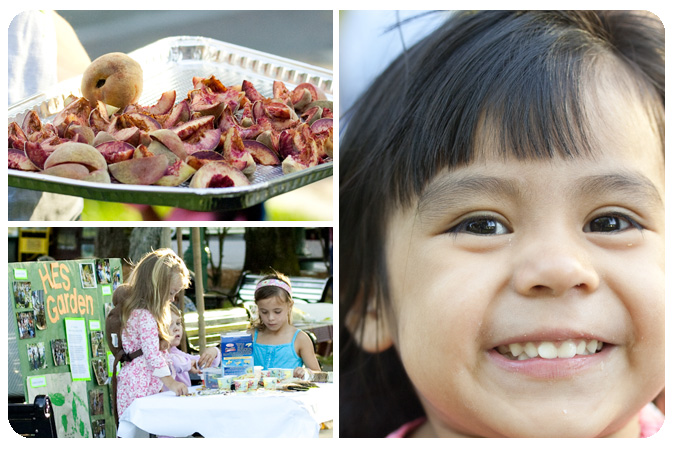
She has the reader picture the son of undocumented migrant workers entering his first day at Martin Luther King Middle School in Berkeley, home of the well-known Edible Schoolyard project, “where he stoops under the hot sun and begins to pick lettuce.” Her callous disrespect for labor only begins there, but the real problem with her argument lies in her stubborn refusal to accept that a good idea may have sprouted from an ideology other than her own. She goes so far as to describe it as:
- …A vacuous if well-meaning ideology that is responsible for robbing an increasing number of American schoolchildren of hours they might other wise have spent reading important books or learning higher math (attaining the cultural achievements, in other words, that have lifted uncounted generations of human beings out of the desperate daily scrabble to wrest sustenance from dirt)
Ms. Flanagan has chosen to ignore the core purposes of these gardens, only one of which happens to be cultivating a respect for hard work, and only one other of which is a healthy respect for real food. While she notes that the work of the garden has migrated into each of the classrooms, she ignores the obvious point that this demonstrates: There is nothing taught in schools that cannot be learned in a garden. Math and science to be sure, but also history, civics, logic, art, literature, music, and the birds and the bees both literally and figuratively. Beyond that though, in a garden a student learns responsibility, teamwork, citizenship, sustainability, and respect for nature, for others, and for themselves.
The disdain for the left-of-center viewpoints of those who started the Edible Schoolyard is evidenced in her description of Chez Panisse, the restaurant of Edible Schoolyard’s founder Alice Waters, as “an eatery where the right-on, ‘yes we can,’ ACORN-loving, public-option-supporting man or woman of the people can tuck into a nice table d’hôte menu of scallops, guinea hen, and tarte tatin for a modest 95 clams—wine, tax, and oppressively sanctimonious and relentlessly conversation-busting service not included.” Flanagan’s attempt at snob-bashing populism and appeal toward the sensitivities of those on the right is misplaced, however, because these school garden ideas, while begun in this particular case by those with left-leaning tendencies, actually hold appeal across the political spectrum. They not only encompass a love of nature and the kind of touchy-feely sensitivities that give conservatives the willies, but also the bedrock principles of tradition and ownership and self-reliance that would be equally at home at a hippie commune or a tea party rally.
While it is rightly noted that the grades at the school quickly improved, the contention that “a recipe is much easier to write than a coherent paragraph on The Crucible” is not only insulting to professional chefs and food writers (like, well, me), but also is patently false. There is a world of difference between writing a recipe and writing one well, as anyone who as ever come across the words “but first” in a recipe will attest. The more important point though is the one that Flanagan glosses over: that the passion for learning developed in a garden, driven home by the lightening-bolt of awareness when a kid bites into a vine-ripened tomato she grew herself, is worth essays on ten plays even if Arthur Miller or Shakespeare wrote them all.
Where the argument really goes off the rails though is when Ms Flanagan posits:
- Does the immigrant farm worker dream that his child will learn to enjoy manual labor, or that his child will be freed from it? What is the goal of an education, of what we once called “book learning”? These are questions best left unasked when it comes to the gardens.
Not “enjoy,” Ms, Flanagan, respect. This, as I mentioned, is where her disdain for manual labor, something that everyone on the planet (beneath the upper 2% or so of income earners) contends with every day, becomes instructive. It is predicated on the idea that labor is something to be freed from, ostensibly through strict adherence to “book learning.” Worse, it perpetuates the misguided dogma of the last several decades that distances us from our food and insists that cooking is a chore, like washing laundry or windows, which should be avoided at all costs as if it were beneath us. This in turn not only makes her seem elitist herself, but also leaves Ms. Flanagan’s ideas of education as merely a means to create consumers, rather than citizens.
What follows in the essay is a misuse of statistics that boggles the mind, where she blames a decline in math and English among Latinos at MLK on the gardens. In legal-ese (and Latin) this is referred to as a Post hoc ergo propter hoc argument, “It follows therefore was caused by.” Another example of this would be that since all addicts were once babies, then mother’s milk leads to heroin addiction.
This is followed up by an argument that the rampant increase in childhood obesity and early-onset diabetes is not caused by a lack of access to healthy food nor the prevalence of sugary, fat laden food in schools. Rather she cites, ironically, George Orwell, to argue that it’s because poor people prefer that food. Please. And for the record, her research into two grocery stores in Compton as proof that poverty and food deserts do not go hand-in-hand is blindingly shortsighted.
There are more errors of reason, but let me cut to the chase. Ms. Flanagan sums up by saying this:
- (W)e become complicit— through our best intentions—in an act of theft that will not only contribute to the creation of a permanent, uneducated underclass but will rob that group of the very force necessary to change its fate. The state, which failed these students as children and adolescents, will have to shoulder them in adulthood, for it will have created not a generation of gentleman farmers but one of intellectual sharecroppers, whose fortunes depend on the largesse or political whim of their educated peers.
The belief that we will create better citizens by teaching to the test (an idea she advocates for repeatedly and vociferously) is one that will lead to a generation of closed-minded automatons incapable of learning, thinking, or fending for themselves. We are far better off with a generation of Citizens who understand that sustenance comes not from factories or laboratories but from the soil and from hard working hands, both of which deserve the respect garnered from experience. We need Citizens who are healthier than the generation before them; throughout most of human history the rich were fat and the poor were skinny, yet today in America it is quite the opposite. Fixing that requires direct experience and interaction with our food, something no schoolroom lecture can provide.
This is not advocacy for some weird Maoist Great Leap Forward where everyone must leave the cities and go farm. It is knowledge of one of the truest clichés known: You are what you eat. And as one of Ms. Flanagan’s carefully-book-taught computer programmers would point out, Garbage In – Garbage Out.

